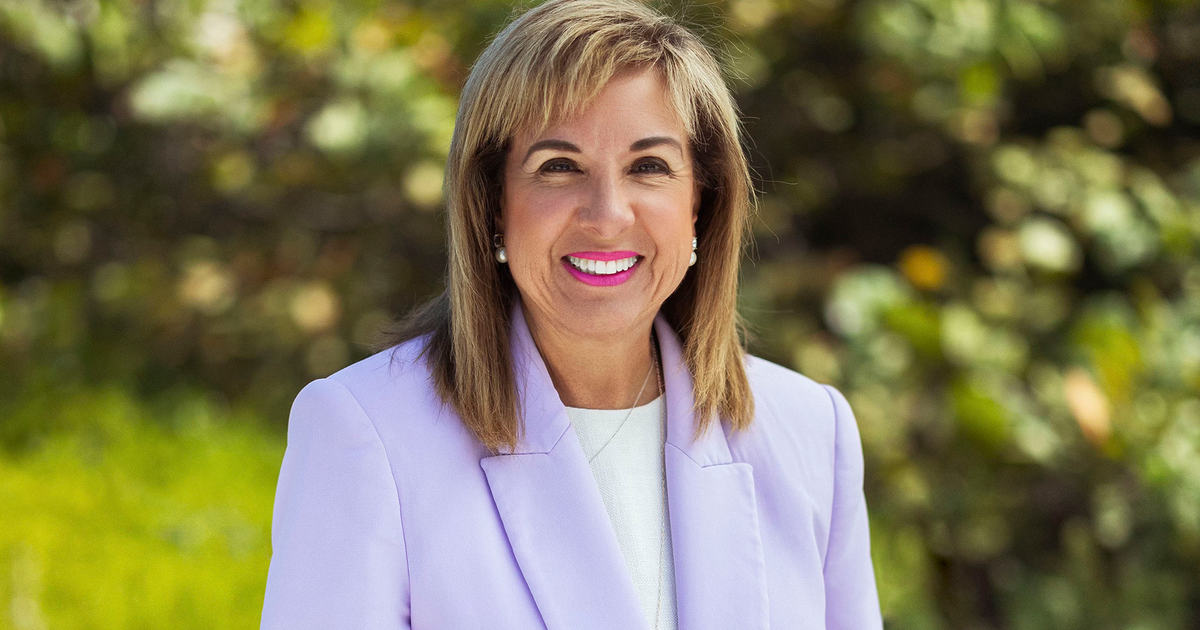Health Care At Center Of House, Senate Budget Differences
Follow CBSMIAMI.COM: Facebook | Twitter
TALLAHASSEE (CBSMiami/NSF) - The House and Senate budget-writing committees approved spending plans Wednesday separated by more than $4 billion, setting up weeks of negotiations over a pair of health-care measures that account for most of the differences.
The Senate Appropriations Committee unanimously passed its $80.4 billion plan for the budget year that begins July 1 after making some minor revisions. The House Appropriations Committee followed by overwhelmingly approving its $76.2 billion proposal without any changes.
Because of the gap in the size of the plans, legislative leaders will likely have to reach some sort of agreement before negotiations on the budget details can begin. The Legislature must pass a compromise product by May 1 to end the annual legislative session on time.
There are several differences between the two plans, including disagreements about how much money to direct toward public education --- the House would kick in about $6 more per student --- and how to spend money earmarked for water and land conservation under a voter-approved constitutional amendment.
But the largest contrast is in the health-care area of the budget. The Senate would include $2.8 billion for a plan to use Medicaid expansion money from the federal Affordable Health Care Act, better known as Obamacare, to help lower-income Floridians purchase private insurance. The upper chamber also would use nearly $2.2 billion from a potential extension of the Low Income Pool, or LIP, program, which funnels additional money to hospitals and other health providers that serve large numbers of poor and uninsured patients.
That program is set to expire June 30 unless the state can reach an agreement with the federal government.
Before approving a separate bill (SB 7044) creating the Medicaid expansion alternative, called the Florida Health Insurance Affordability Exchange Program, senators pleaded for the House to begin discussions on the issue. Sen. Don Gaetz, R-Niceville, said the measure was a "good-faith offer" from Senate leaders.
"I would say to our friends in the House, who have their own views about this matter --- views that I respect --- that 'no' is not a health-care policy," Gaetz said. " 'No' is not a solution for 800,000 people."
The House, which shot down a similar proposal from the Senate two years ago, has shown no signs of budging. Senate Appropriations Chairman Tom Lee, R-Brandon, didn't directly answer when asked what might have changed this year. He instead focused on the potential for hospitals to lose hundreds of millions of dollars if the LIP program expires and the exchange program isn't approved.
"Whether or not the House wants to embrace either of those two proposals remains to be seen, but we're going to have to have some solution," Lee said.
But while Lee's committee supported the exchange unanimously, Sen. Alan Hays, R-Umatilla, said he was concerned about the effects increased access to health insurance could have as the state already struggles with a shortage of medical personnel.
"You're proposing, anyhow, to tell a million new people, 'Come, come receive your medical care from us,'" Hays said. "And at the same time, you're telling an already overworked medical staff, 'Here come a million new people; buckle your chin straps.' "
House Democrats would like to see such an expansion program in their chamber's budget. Rep. Janet Cruz, D-Tampa, said it could help serve as an alternative to LIP.
"In contrast, I look at the (House) budget, and we got nothing,'' Cruz said.
As for LIP, House Health Care Appropriations Chairman Matt Hudson, R-Naples, said the money could be added to the budget if and when details about an extension of the program become clear.
"They are in the midst of negotiating a yet-to-be-named replacement for LIP,'' Hudson said.
Senators say their proposed LIP plan is the one being offered by the state in discussions with the federal government.
Rep. David Richardson, D-Miami Beach, said LIP funding is one of two major looming budget questions, along with the future of a gambling deal with the Seminole Tribe of Florida. Part of that deal is scheduled to expire in July.
"It certainly seems that there's a game of chicken going on between the state of Florida and the federal government," Richardson said, referring to the LIP issue.
The News Service of Florida's Brandon Larrabee and Jim Saunders contributed to this report.



